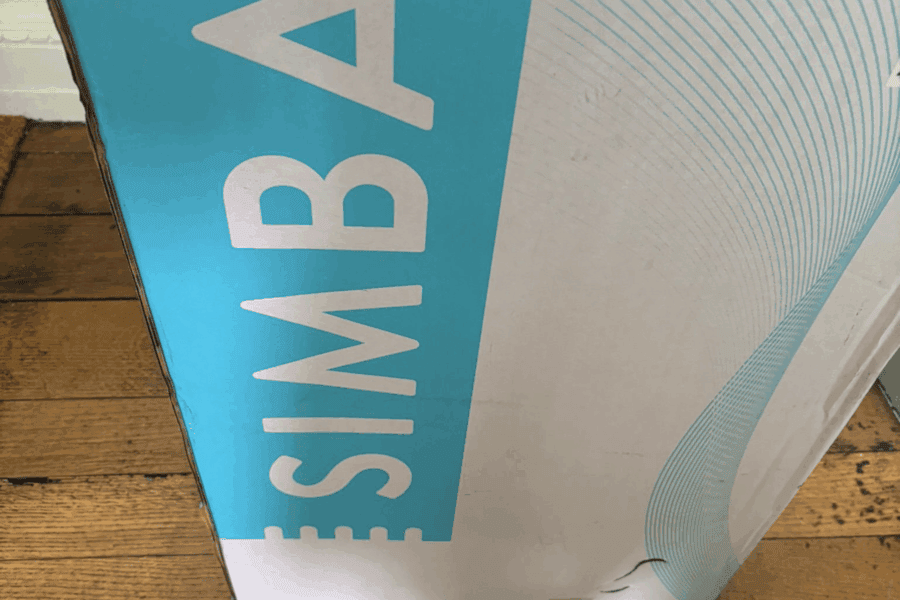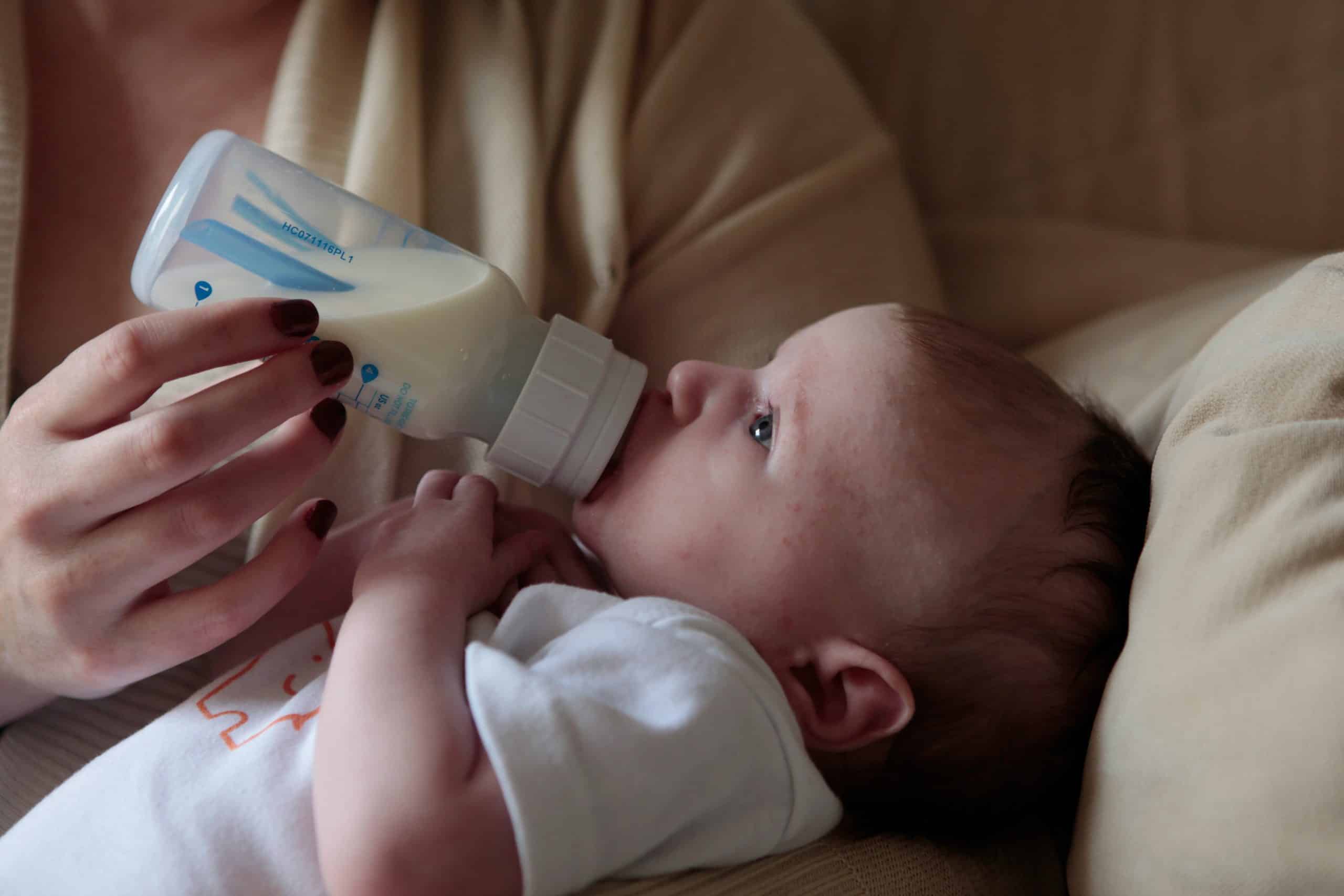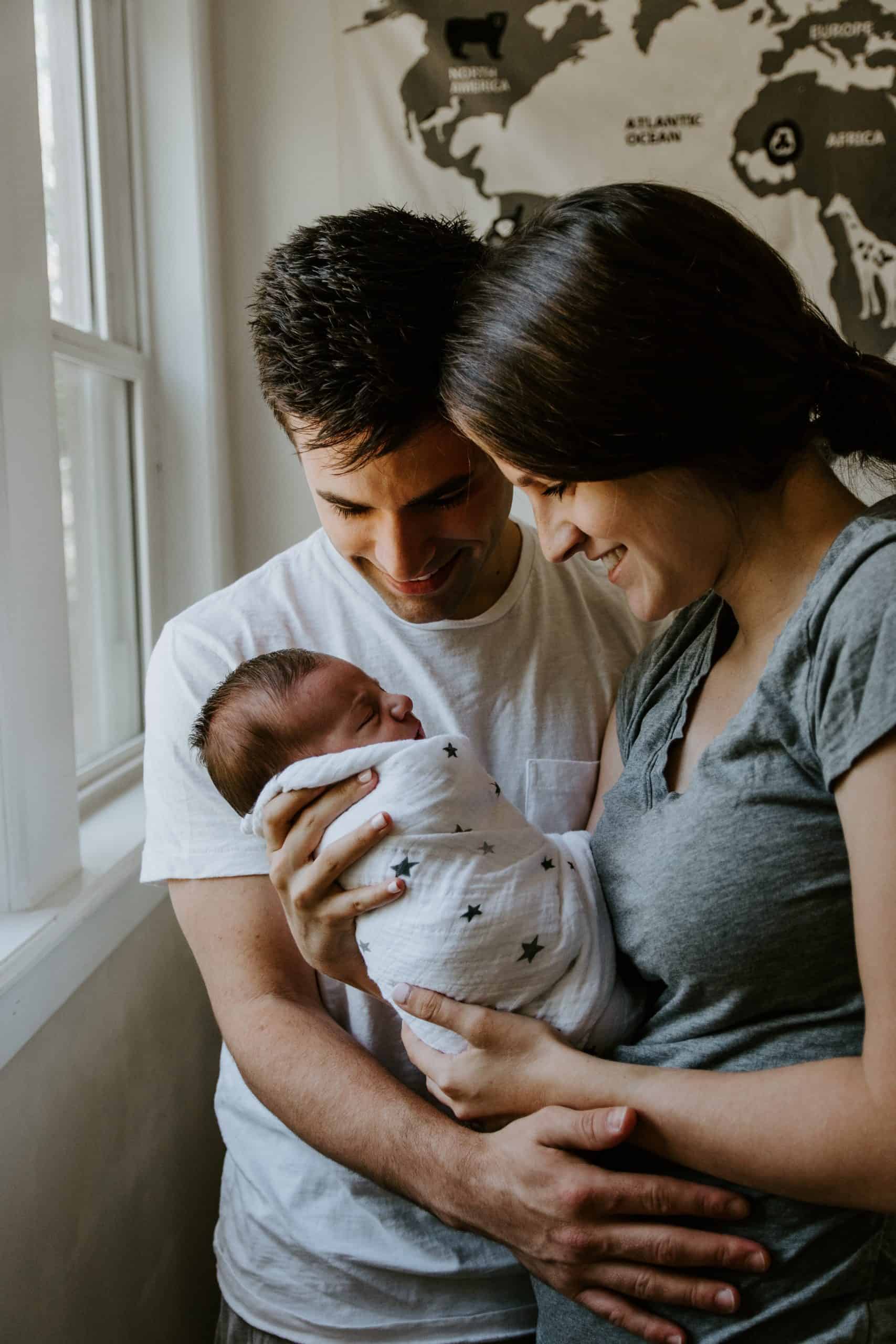After all the build up over your 9 months of pregnancy, your newborn baby is born. It will be one of, if not THE most exciting, amazing moments of your life, in my opinion. Nothing has ever come close to the moment that all 3 of my children were born. But even though I am one of the lucky women who already had lots of practical experience in how to handle a newborn and care for its basic needs without learning from scratch, the thought that I was now totally responsible for another human who was depending on me to survive, absolutely terrified me! It is perfectly normal for every mum-to-be to feel this way- whether they admit it or not. The main practicalities of caring for a newborn are pretty easy to learn-making up bottles, changing nappies, giving her a bath-and they all get easier with practice.
The emotions that come with becoming a parent are something else entirely and everyone feels different.
I have compiled a list of the first main things that you should be prepared for after your baby is born:
After baby arrives-the first 5 things to expect!
APGAR Score
The APGAR score is a quick test performed on a baby by a midwife or doctor at 1 and 5 minutes after birth. The 1 minute score determines how the baby tolerated the birthing process and the 5 minute score tells the doctors how well the baby is doing outside of the womb. It is sometimes repeated at 10 minutes if the baby’s initial scores weren’t good. Breathing effort, skin colour, heart rate, muscle tone and reflexes are all examined and your baby is given a score of 0,1 or 2 depending on their condition. The APGAR rating is based on an overall rating score of 1 to 10. The higher the score, the better the baby is doing. A score of 7,8 or 9 is normal and a sign that your baby is in good health. A score of 10 is very unusual as almost all newborns lose a point for blue hands and feet-completely normal after birth. Any score lower than 7 is a sign that the baby needs medical attention and she may receive oxygen and need to have her airway cleared, to help her breathe, or physical stimulation to get her heart beating at a healthy rate. Most of the time a low score at 1 minute is near normal by 5 minutes. A lower APGAR score does not mean a child will have serious or long term health problems and is not designed to predict the future health of the child. It is generally just caused by a difficult birth, a C-section or fluid in the baby’s airway.
Meconium
This is the first bowel movement that your baby will pass. It is a greenly, black substance composed of materials ingested while your baby is inside you-cells, mucus, bile and water. It is very sticky and tar like, which makes it very difficult to clean off your baby’s bottom-even with wet wipes! It has usually completely passed through their system after a couple of days, when their poo will begin to change to yellow in colour. This is a good indication that your milk is beginning to come through if you are Breastfeeding.
After pains
Most women don’t generally feel these after their first pregnancy and birth, but will experience them with any subsequent children. After pains are caused by your uterus contracting as it attempts to shrink back to its pre-pregnancy size. It does this more efficiently after your first pregnancy but your uterus loses muscle tone during subsequent pregnancies and it has to contract more-which is why it is felt more! The pain is very similar to period pain and you will feel cramping in your abdomen. If you decide to breast-feed then you will feel the cramps more strongly as your baby latches on to feed. This is because your babys sucking releases a hormone called Oxytocin, which stimulates your uterus to contract more. If you do experience after pains, then mention them to your midwife and she will advise you on safe pain relief medication. They will be most intense for the first 8 hours after delivery and only usually last 3-4 days.
Hearing test
The NHS newborn hearing screening programme (NHSP) offers all new parents the opportunity to have their baby’s hearing screened within the first few weeks of life. Today, many babies will have their hearing tested before leaving the hospital. The tests are simple and painless and only take a few minutes. The new hearing screening tests use sophisticated technology, can be carried out almost immediately after birth and are much better at identifying a possible hearing impairment than the previous health visitor distraction test done at 8 months!
The first night in hospital or at home
The first full night that you spend in hospital or at home is usually pretty rough. If you have had pain relief such as Pethadine or an Epidural, then your baby may be sleepy for the first day or so and your ‘rough night’ will be delayed, but it will arrive! Your baby has been used to being nice and cosy inside the womb for the last 9 months. She has been reassured by the noises while inside your tummy-your blood rushing around, your heart beating and noises vibrating from the outside world. She will not be impressed at the idea of just being put down to sleep in a Moses basket or cot in a quiet dark environment! Initially she will crave the closeness of being held and likely cry each time you try to put her down for any length of time. In the first few days it’s important that you allow her the comfort of being held and sleeping close to you, while she gets used to being in the world and all the new challenges it brings. This will reassure her and give her the confidence to be more settled in the long run.
Bottle or breast feeding
The decision as to whether to breast or bottle feed your baby is an entirely personal choice. Once your baby is born there may even be factors that influence your decision or force you to change your mind from your original decision. I am not going to discuss the feeding options now as that will be a whole other blog post. The most important thing is that any decision made has to be right for each individual mum and baby and their family circumstances.
Coming home from hospital
The most wonderful part but also the most terrifying! After all the build up and anticipation over your little ones arrival over the past 9 months, all parents are looking forward to this moment. However, when you get home and close the door, their is inevitably a moment of wondering ‘ok, what do I do now?’ You have this little person whom you created, who is relying on you and is your responsibility for at least the next 18 years. What you do and say and how you love and care for them will shape the person they become. It is a very scary thought for all of us- but a perfectly normal one and experienced by every parent in the world! There will also most likely be a queue of visitors waiting to pounce on you the moment you get home. Don’t be afraid to put them off for a few days while you settle yourself and your new baby in. Do whatever you feel is right-people will understand! Labour and birth is exhausting and traumatic for you and your baby-even if you had a very easy delivery. It’s very normal for her to be unsettled for the first week or so and need to hear and feel you close to her for reassurance. Try and gracefully accept any help that’s offered in the first few weeks. If someone offers to do your ironing for you, or cook a meal and drop it round, then grab the offer with both hands! If you run around like some kind of superwoman trying to keep on top of everything, then it’s a sure-fire way to become stressed-which in turn will upset your baby. Let your partner and family and friends help you-especially in the first couple of weeks. This will help you recover from the physical and emotional side of birth, begin to bond with your baby and try to establish a regular daily feeding routine with your baby-whether you decide to breast or bottle feed.
Bonding
Bonding is not necessarily something that magically happens when your baby is born. It is usually a growing feeling between the two of you that happens over time. For some mothers this begins to happen as soon as they are pregnant, is strengthened when they feel those first movements and kicks, and heightened to a point they never imagined possible the first time they hold their baby. For others the bonding process won’t even begin until their baby is born and will then be a gradual process over time as their baby begins to smile and develop a personality. You may look at your baby’s screwed up face after birth and not be quite sure what to think! The realisation that you are responsible for this little person is terrifying and even though you may not get a flood of maternal love immediately , you will definitely learn to love your baby.
Dads in particular may find it difficult to form a bond with a baby before they are born. The initial first few nights filled with sleep-deprived nights can also make it difficult to feel much love for this little person who is determined to keep everyone awake! If the baby is being breast fed it is even more difficult for the father to play a big part, as the baby will rely on mum for feeding, but also for soothing a lot of the time. Many dads can feel very pushed out during the first few months after a baby is born and not really understand their place and what they can do to help. I always advise the fathers of the babies I look after to just try and be as supportive of mum as possible. They can help her out by taking on a lot of the household chores so that she can concentrate on the baby , without the worry of mess around her and cooking a healthy meal so that she can keep her energy stores up. Mothers will really appreciate this type of help-I know I did!
Most fathers don’t really get a chance to really feel like they are beginning to bond with their child until they are a few months old. This usually coincides with the baby developing a personality-smiling, giggling and cooing. It’s wonderful to finally start getting something back from your baby, after what may seem like an endless round of sleep deprived nights!
There are ways that will encourage and deepen your bond with your baby-that both parents can be involved in: *Cuddle her frequently-skin to skin contact, particularly in the first few weeks will be a lovely experience for both of you. It’s something that mum and dad can do.
- Talk to her constantly, about anything and everything-even what you are doing as you walk around the house. She will love to hear the sound of both mums and dads voice and will learn to recognise both of them very quickly and be soothed by them when she’s upset.
- Watch her as she sleeps for a few minutes every day. Babies and older children have such a calm, peaceful look about them as they sleep. This is a particularly helpful thing to try if you have had a rough day. She will look so angelic as she sleeps that the bad day you may have had pales into the background as you watch her sleep. I still creep in to look at all 3 of my children as they are sleeping before I go to bed myself-and they are much older now. I could forgive them all the stress they have caused me throughout the day, as I watch them calmly sleeping like butter wouldn’t melt in their mouths!
There will be so many new things you will experience in the first couple of weeks and questions you will no doubt be wondering the answers to.
My next blog talks about the most common things mums ask about their newborn baby.



